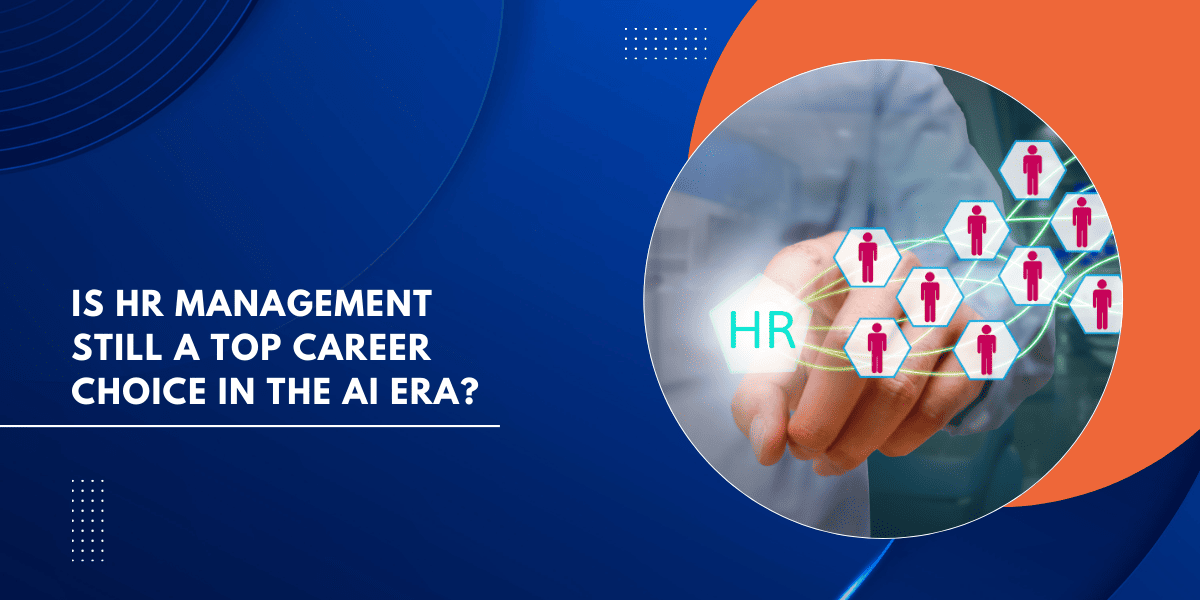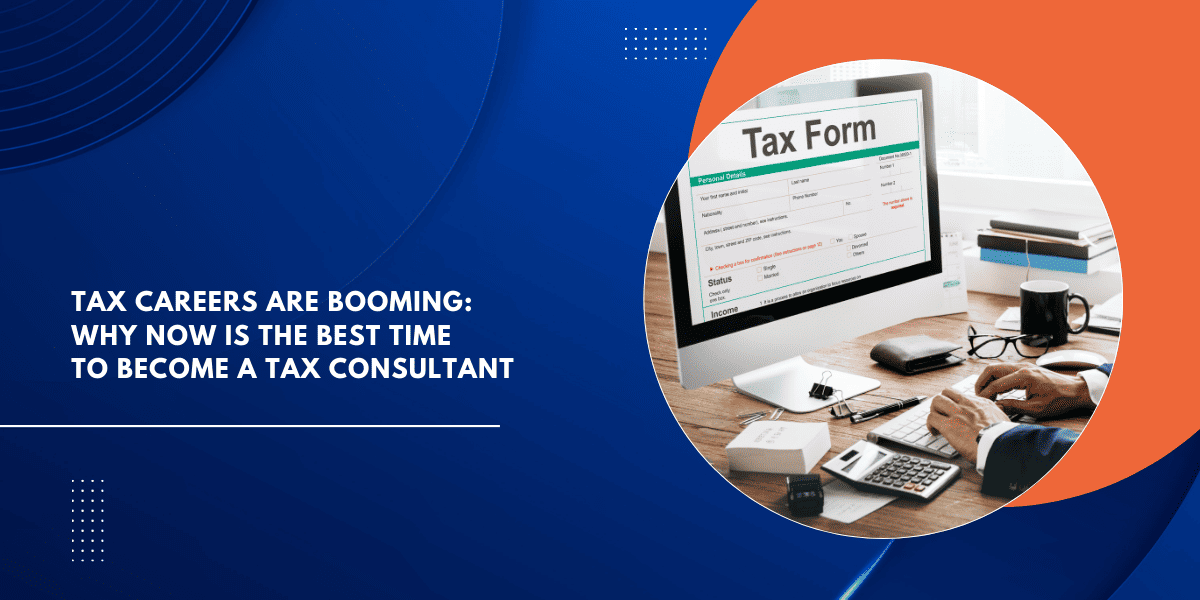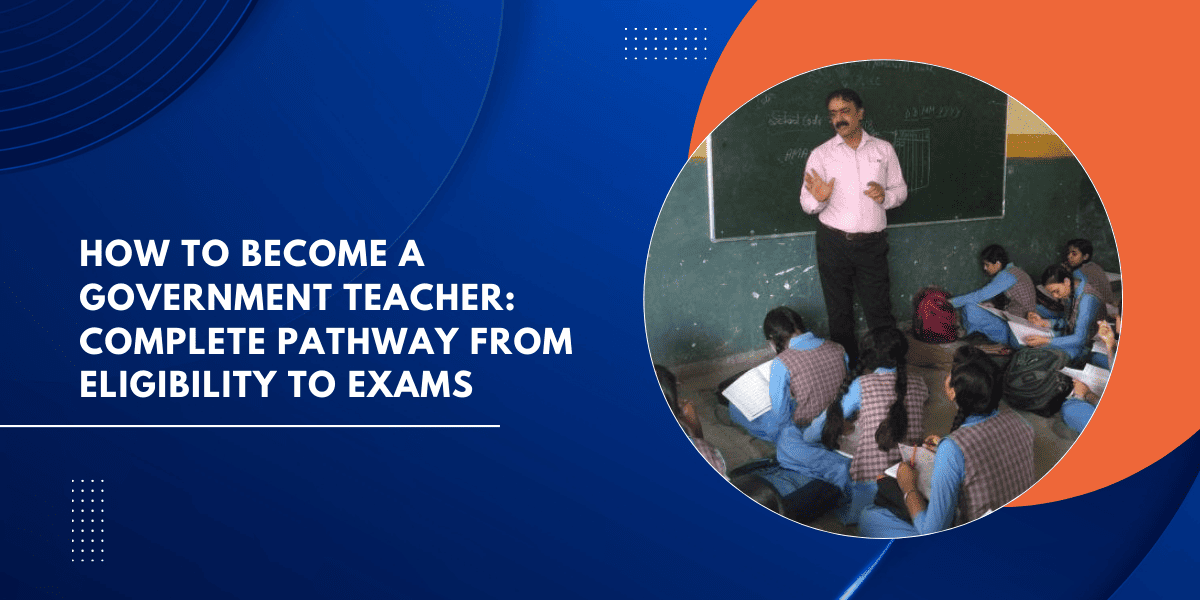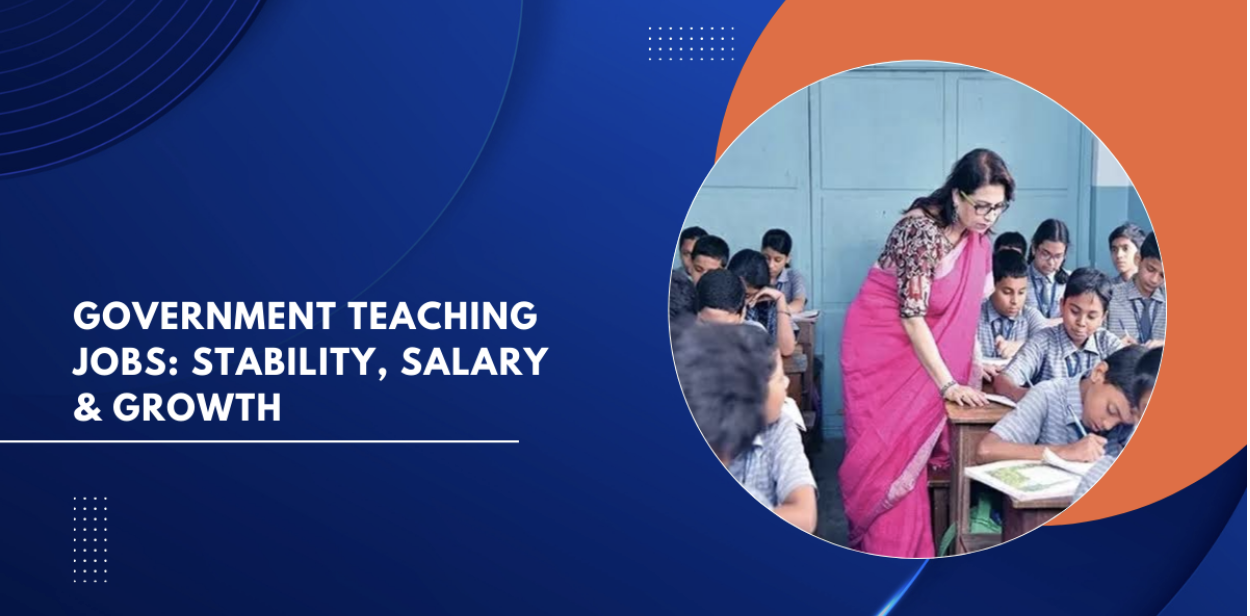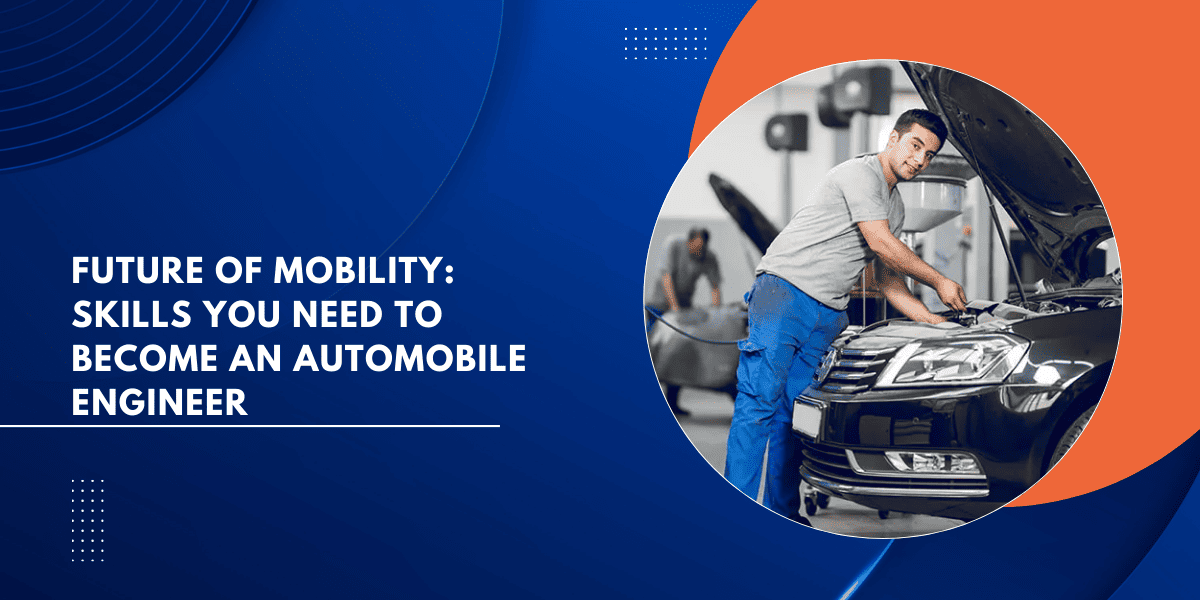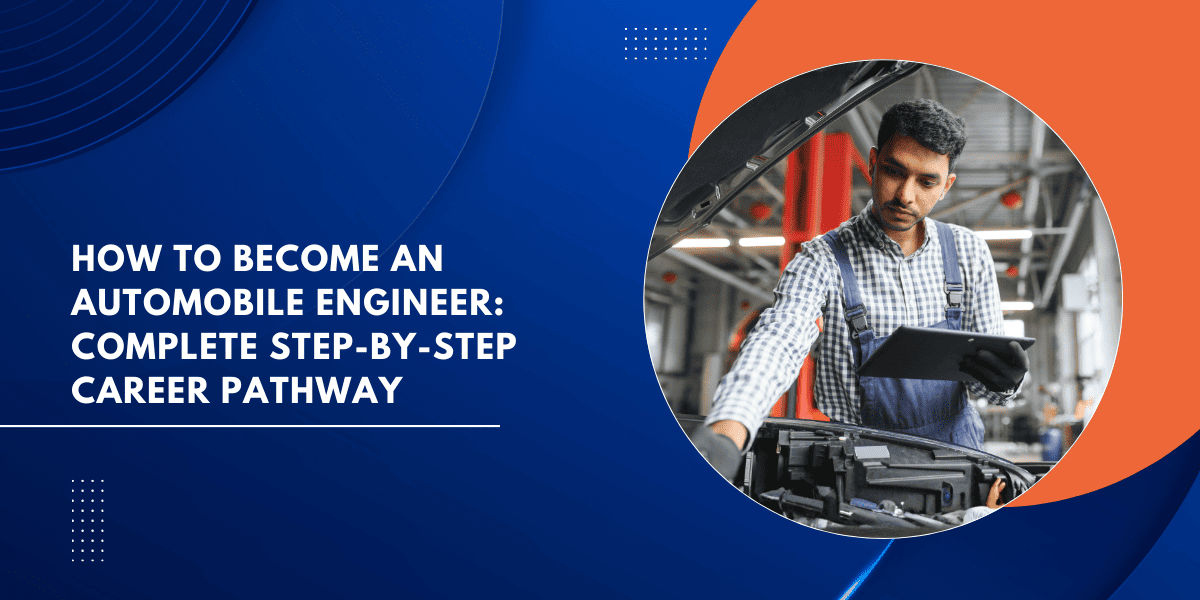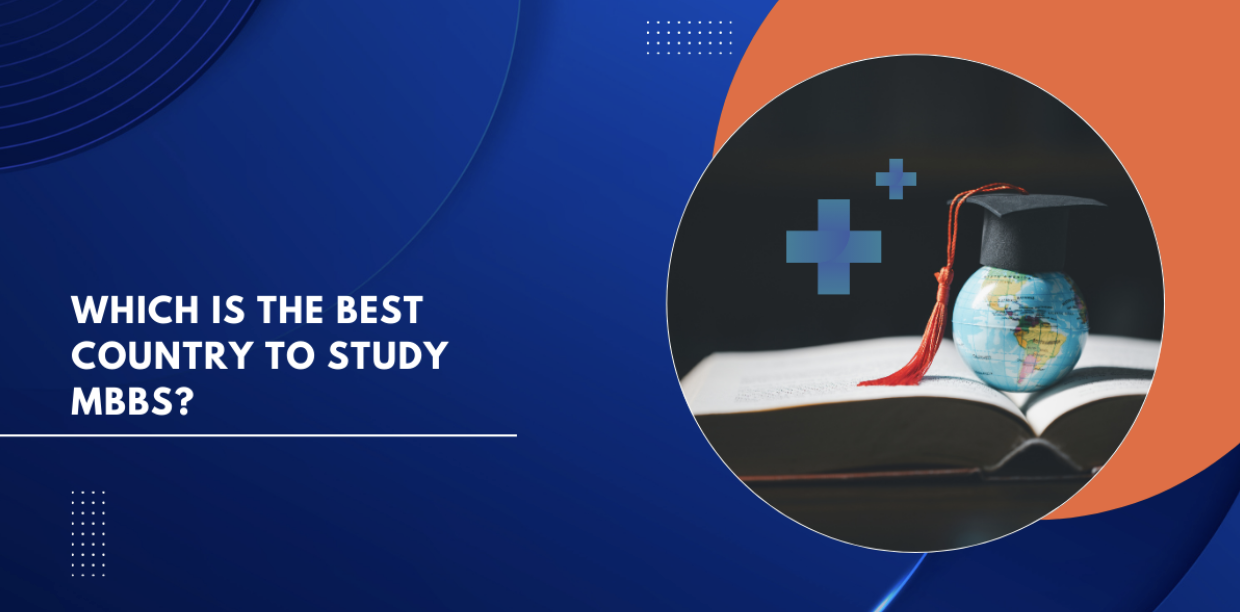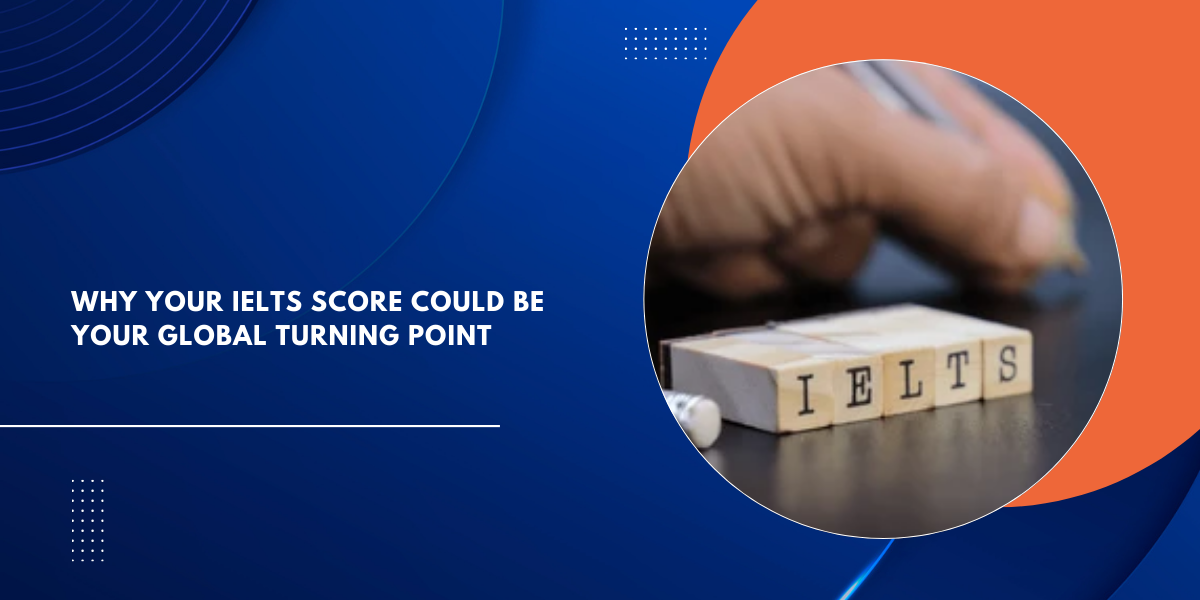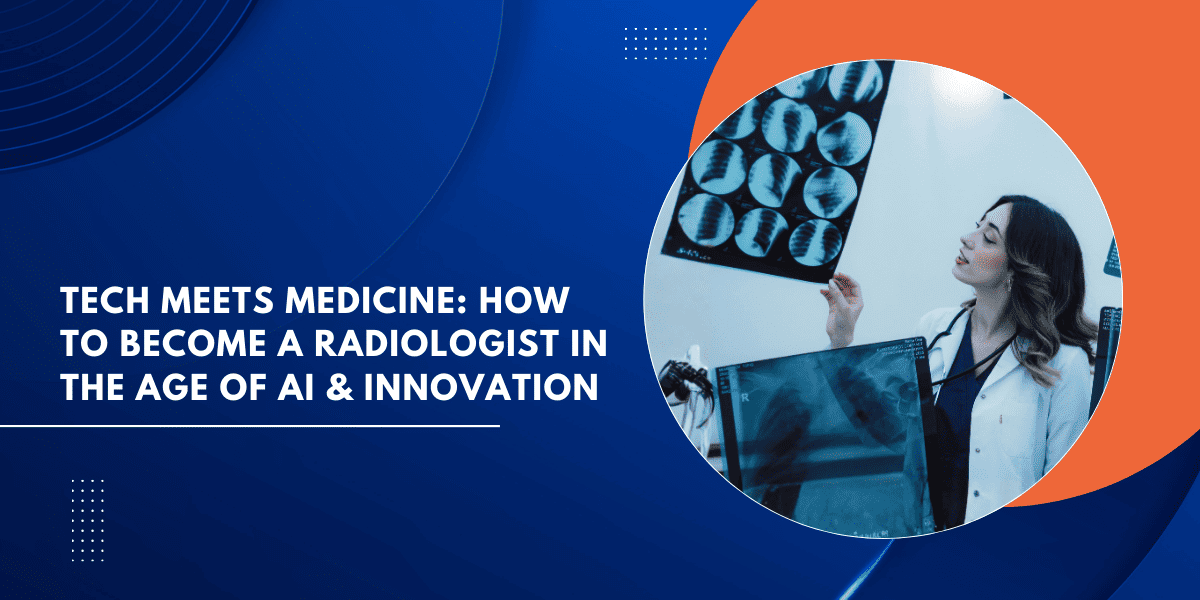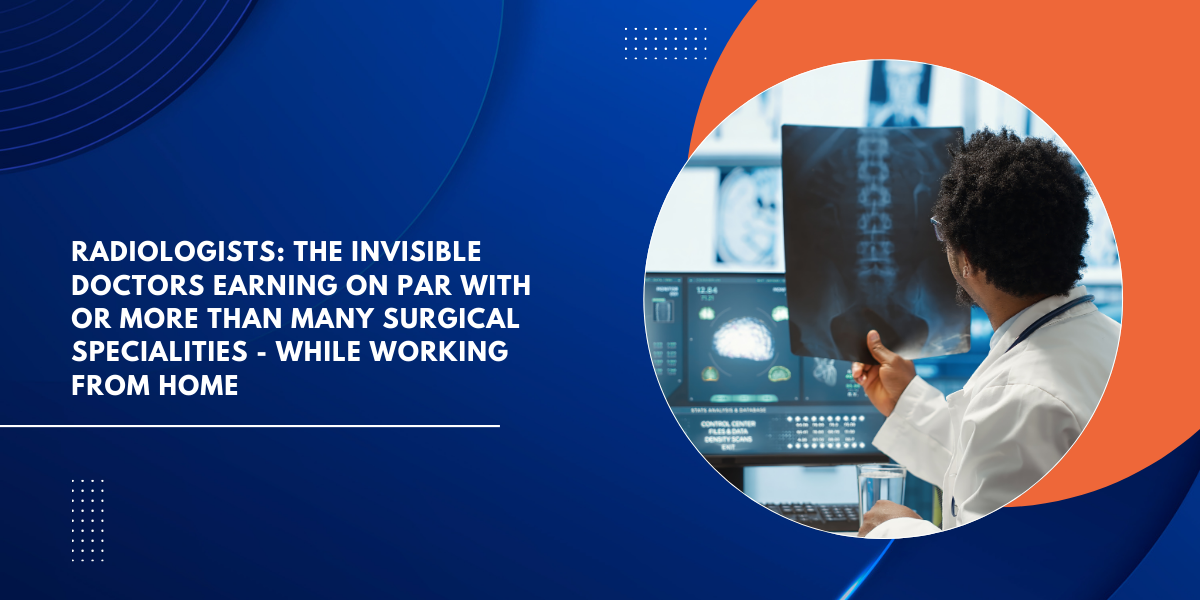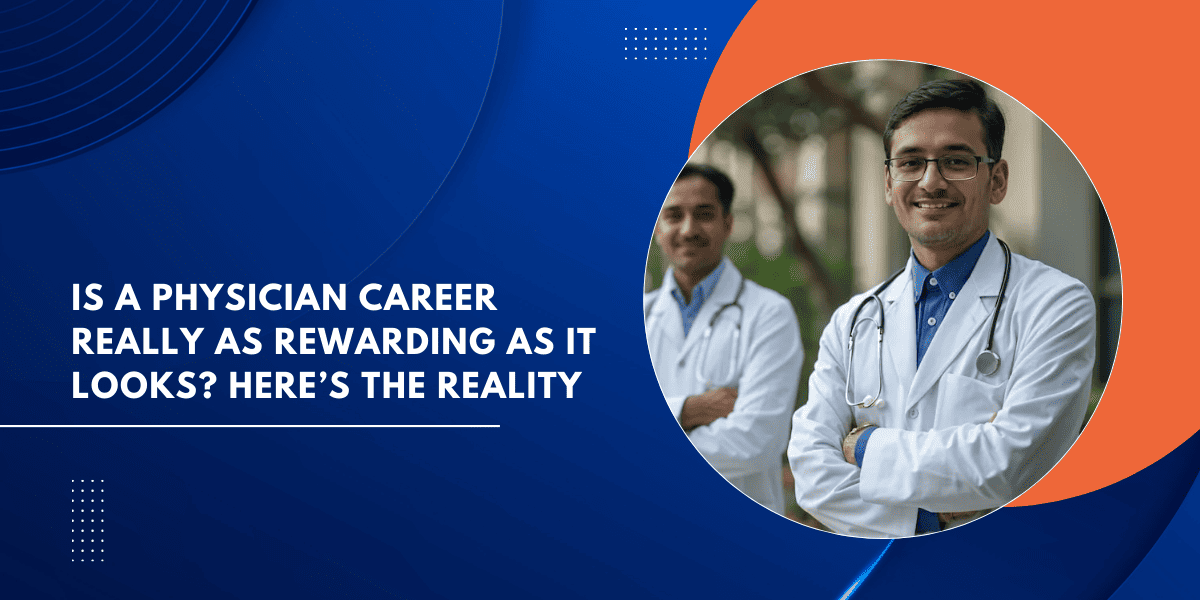By Preethi Durga, a career strategist and education innovator.
I’m interested in HR, but with AI taking over so many tasks, will I even have a future in this field?”
If you’re a parent reading this, I know what you’re thinking: HR sounds soft… will it really pay well? Is it stable? And if you’re a student, your worry might be slightly different: AI is learning fast—will it replace the work I dream of doing?
Here’s the thing—AI is excellent at spotting patterns, analyzing data, and even screening resumes. But it struggles with the human side of work—empathy, trust, understanding workplace culture. Neuroscience tells us our brains are wired to seek these human connections, and that’s exactly where HR professionals shine.
In my experience guiding students, I’ve seen HR remain a career where humans—not machines—make the real impact. If you’re curious about how to navigate this evolving field, now is the perfect moment to explore HR with a future-ready mindset.
Why Exploring HR Early in the AI Era Can Give You a Head Start?
Over the years, I’ve met students who discovered HR early and those who only found it in college. The difference? Early explorers approach opportunities with confidence, clarity, and a sense of purpose—especially now, in a world where AI is reshaping HR.
Take Meera, a Class 12 student from Bangalore.
She joined her school’s leadership and career club, curious but unsure what HR really involved. That curiosity led her to a three-month internship at a mid-sized company’s HR department. On her first day, she felt nervous—logging into the company’s HR software, scanning resumes, and trying to understand how AI-assisted recruitment worked. But soon, she was running onboarding checklists, analyzing employee engagement surveys, and even suggesting improvements in training schedules.
While her peers were still Googling, “What does HR even mean?”, Meera was already interacting with AI tools, interpreting employee data, and learning how human judgment complements technology. By the end of her internship, she wasn’t just skilled—she felt capable, excited, and ready to navigate the HR landscape with confidence.
Parents, think about this: if your child, like Meera, got even a three-month head start, how much calmer would you feel about their career readiness? Early exposure isn’t about making a career choice for them—it’s about giving them the clarity and confidence to make one themselves.
Here’s what I’ve noticed about students like Meera:
- Sharper Focus: Early experience helps them understand modern HR concepts—talent analytics, AI-based recruitment tools, employee engagement strategies—making their college and career choices deliberate, not random.
- Better Internships: Hands-on exposure opens doors to internships that truly build skills, giving them a real edge in a competitive job market.
- Less Overwhelm: When AI tools become standard in HR, they already know how to work alongside technology instead of feeling intimidated by it.
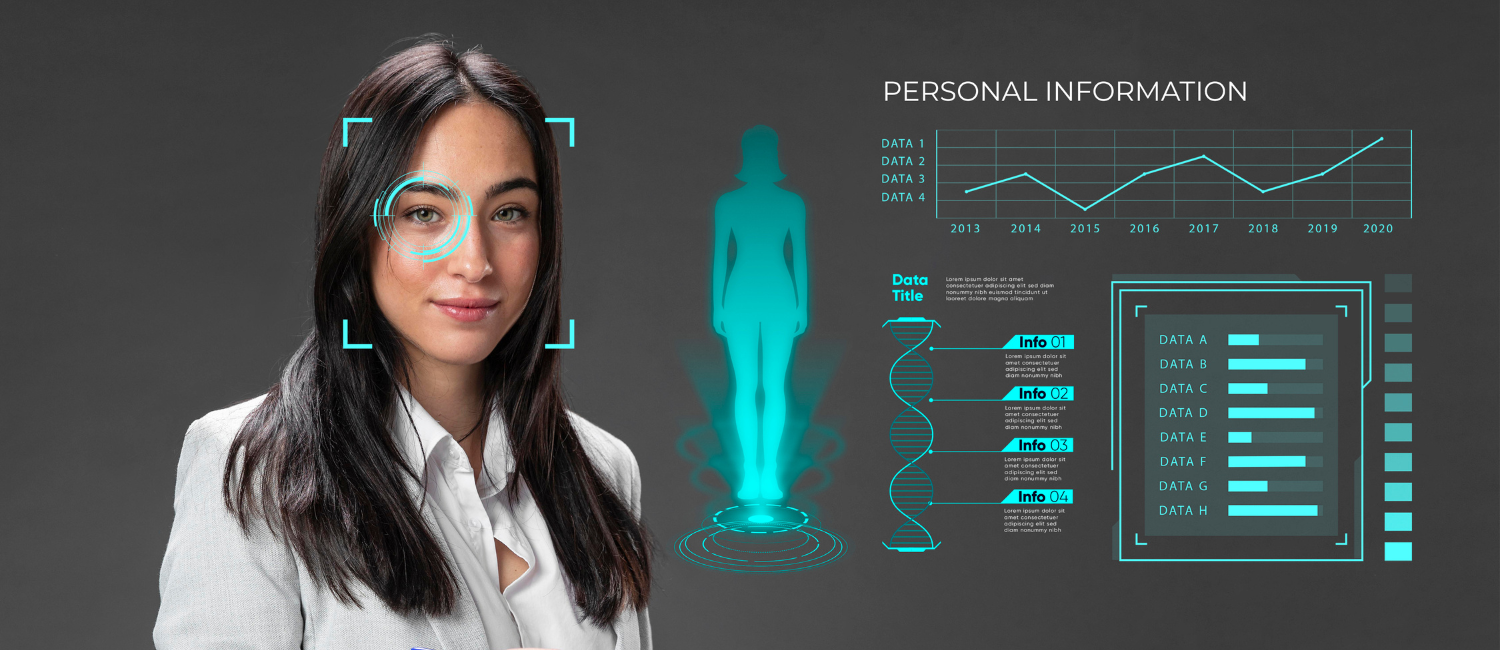
Industry Spotlight: Where HR Careers Are Thriving in the AI Era?
When people think of HR, they often imagine recruitment, payroll, or organizing team events. But today, HR is far more dynamic—blending people, strategy, and technology in ways that make a real impact.
Take Ankit, for example. He started with a degree in business administration, curious about HR but unsure which path to take. During a summer internship, he was tasked with analyzing employee engagement data using an AI-driven platform. Initially, he felt overwhelmed—the numbers were huge, and the software was new.
But he quickly realized that by combining data patterns with human insights, he could predict which employees might disengage and suggest actionable steps for managers.
That project not only boosted company retention but also defined Ankit’s career path—he knew HR analytics was where he could make a difference. Today, he works with multinational firms, implementing AI tools to optimize talent acquisition and the employee experience—all before turning 30.
Here’s a look at HR subfields that are thriving, with insights on why they matter for YOU:
HR Analytics & People Strategy
Why it matters: For students who love numbers but don’t want coding, this blends people + data. You analyze trends, forecast talent needs, and make HR decisions smarter.
Salary comparison: Entry ₹5–10 LPA vs IT/Data Science ₹6–12 LPA—competitive, especially if you enjoy human-centered work.
Learning & Development (L&D)
Why it matters: Perfect for teens who enjoy mentoring, storytelling, or creating engaging learning content. You help people grow while shaping the company culture.
Salary comparison: ₹4–9 LPA; slightly below tech, but high growth and satisfaction for those passionate about teaching and development.
Employee Engagement & Culture Design
Why it matters: If you love connecting with people and solving conflicts, this role lets you craft programs that make workplaces happier and more productive.
HR Tech & AI-Driven Recruitment
Why it matters: Tech-savvy students can implement AI tools for hiring and onboarding, learning how to balance automation with human judgment.
Salary comparison: ₹5–12 LPA; a growing niche as more companies adopt AI platforms.
HR Consulting & Organizational Development (OD)
Why it matters: Ideal for strategic thinkers who enjoy solving big-picture challenges. You advise companies on HR transformations, culture shifts, and process improvements.
Salary comparison: ₹6–15 LPA; top-end roles can rival traditional consulting careers.
In short, HR today is more than recruitment and payroll. It’s where human intuition meets data, creativity meets strategy, and technology meets people skills. And for students thinking about the future, this is a field where curiosity, empathy, and a willingness to learn new tools can open doors earlier than ever.
Talent Strategy & People Analytics: The Frontline of Modern HR
Modern HR isn’t just hiring and payroll anymore—it’s about understanding people through data and helping organizations thrive. Here’s an interesting insight from neuroscience: the human brain resists change, which is why HR analytics is so powerful. By predicting where resistance might appear, HR professionals can guide leaders to act before disengagement spreads—keeping teams motivated and aligned.
Parents often ask me, “But will my child’s math skills be wasted in HR?” My answer: HR analytics is where math meets meaning. Your child isn’t just crunching numbers—they’re using data to understand human behavior, forecast workforce trends, and make workplaces more productive and positive.
Take AI tools, for example. HR analysts use them to predict skill gaps, plan workforce needs, and even identify when an employee might feel disconnected—so interventions can happen early.
Real Talk on Salaries:
Top firms like Deloitte, Accenture, Infosys, and Microsoft offer entry-level HR analysts in people analytics around ₹4–8 LPA. Move up to senior HR manager or head of people strategy, and you’re looking at ₹15–20 LPA or more in large consulting and tech firms—all while doing work that blends strategy, empathy, and analytics.
What I’ve Seen:
Students who start exploring organizational behavior or HR early—experimenting with analytics tools, AI-powered recruitment platforms, or even simple engagement dashboards—end up shaping talent strategies for multinational firms before their peers even graduate.
👉 If your child enjoys problem-solving, strategy, and helping people reach their potential, HR analytics is a path where their skills and purpose meet.
Learning & Development (L&D) Tech: Shaping Skills in the AI Era
If your teen lights up when explaining concepts to friends, loves mentoring, or enjoys creating fun ways to learn, L&D could be their playground. In today’s AI-driven workplaces, L&D specialists don’t just train employees—they design programs that actually stick.
Neuroscience tells us that our brains retain information better when it’s interactive, engaging, and bite-sized—which is exactly what modern L&D professionals aim for, especially in a world of TikTok-length attention spans.
Take real-world examples:
- Designing a gamified training module for onboarding new hires.
- Building an AI chatbot to guide employees through learning paths.
- Running virtual leadership workshops that use analytics to track engagement and retention.
These projects give students hands-on experience with technology, creativity, and strategy all at once.
Earnings Snapshot:
Freshers in L&D roles start around ₹4–9 LPA, while those who can integrate AI tools and innovative learning solutions can earn ₹12–18 LPA or more.
What I’ve Noticed:
Students who explore HR early—through internships, online certifications, or small school projects—quickly adapt to L&D technology. They’re the ones creating engaging digital dashboards and interactive modules, while others are still figuring out the basics.
👉 If your child enjoys coaching, designing learning programs, and using tech to help people succeed, L&D could be the perfect way to combine their passion, creativity, and strategy.
HR Tech & AI Integration: Driving the Future of Work
If your child loves experimenting with apps, automating tasks, or figuring out how things work, HR Tech could be where that curiosity meets a career. Yesterday’s HR spent 3 hours scheduling interviews or chasing paperwork. Today’s HR uses AI tools for those tasks—and spends those 3 hours building culture, improving engagement, and solving strategic problems.
HR Tech roles combine people skills with technology. Students in these roles implement AI-powered HR platforms, analyze workforce data, and design solutions that enhance the employee experience. They’re the ones turning raw data into actionable insights and making HR as dynamic as any tech field.
Real-world Example:
- Automating interview scheduling with an AI assistant, freeing time for team-building initiatives.
- Building dashboard analytics that predict skill gaps or engagement drops.
- Testing and customizing AI-driven learning or onboarding tools for employees.
Earnings Snapshot:
Entry-level HR Tech roles often start at ₹5–12 LPA, while experienced professionals in strategy or product-focused HR Tech roles can earn ₹15–20 LPA or more, especially in multinational companies.
Parent Perspective:
This is where HR becomes as future-proof as engineering or data science. Your child isn’t just learning HR—they’re mastering technology, strategy, and problem-solving in a way that keeps them ahead of the curve.
👉 If your teen enjoys innovation, experimenting with tools, and solving organizational challenges, HR Tech could be the perfect playground for their skills and curiosity.
There’s No One “HR Job”—Just the One That Fits Your Child
HR is a mirror career. Whether your teen is analytical, empathetic, or tech-driven, there’s a niche waiting for them. They could be a people analyst, a culture designer, an L&D strategist, or an HR Tech innovator—and still make a meaningful impact.
Instead of asking, “Is HR safe?”, parents might ask, “Which type of HR fits my child’s wiring?” That simple shift changes everything. It’s no longer about security alone—it’s about alignment with strengths, curiosity, and personality.
A career in HR today opens doors in multinational firms, startups, tech companies, or consulting. It’s a space where students can shape organizational culture, improve employee experiences, and thrive in an AI-driven world.
And if your teen is just starting out? That’s ideal. They have time to explore, experiment, and find their niche in a field evolving faster than ever—one where early exposure can set them apart and give both students and parents peace of mind about career readiness.

The data is clear—demand for AI-enabled HR talent is outpacing supply. That means students who start exploring HR early get better roles, faster, while their peers are still figuring out what HR really involves.
Unlike careers where AI threatens entry-level jobs, HR’s entry-level tasks are evolving into strategic skills—from screening resumes to analyzing workforce trends—making it a safer long-term choice. Parents can rest a little easier knowing that their teen’s curiosity in people, data, and culture is turning into skills that AI can’t replicate.
From Fortune 500 companies to nimble startups, organizations now seek HR professionals who can think critically, leverage AI tools, and enhance workforce productivity. It’s not just about the degree—it’s about combining people skills, technology, and strategy in ways that drive real impact.
Scope without soul leads to struggle—HR is one of the few careers where soul is the differentiator AI can’t replace.
The Growth Is Real
According to LinkedIn Talent Insights, HR roles with AI and analytics expertise have seen double-digit growth in hiring over the past five years. The need for data-driven HR professionals is rising globally, not just in India.
Roles in Demand Today:
- People Analytics Specialists
- HR Tech & AI Implementation Experts
- Learning & Development Strategists
- Talent Acquisition Analysts with AI expertise
- Employee Experience & Engagement Managers
Skill Gap = Career Advantage
Reports show demand for AI-enabled HR professionals far exceeds supply. Companies are struggling to find HR talent who can combine people skills with data analysis, AI tools, and strategic thinking. Students who start early in HR analytics, AI-driven recruitment, or L&D tech are in high demand.
Key Insight:
Organizations hire fast—but only if you bring the right mix of human insight, technical skills, and real-world experience. Start exploring today, and you could be the HR professional everyone wants tomorrow.
Wondering If HR Is Still A Strong Career Path in 2025?
With AI, automation, and smart tools changing the workplace, many students and parents ask this question. The answer is yes—HR is evolving, not disappearing.
While repetitive administrative tasks are being automated, the core of HR—people management, culture building, and strategic decision-making—remains human-centric. In fact, the AI era has made HR professionals even more valuable.
AI & Automation: Transforming HR Roles
AI tools like chatbots, recruitment software, and performance analytics are now standard in modern workplaces.
This might sound intimidating—but here’s the good news:
- Automation frees HR professionals from manual paperwork and scheduling.
- AI provides data-driven insights for hiring, engagement, and performance.
- HR now focuses on strategic thinking, employee experience, and culture building—skills that AI can’t replace.
Example: A Bangalore-based HR intern used an AI tool to shortlist candidates for a tech startup. Instead of spending hours screening resumes manually, she focused on interviewing top talent and improving onboarding experience. The result? Faster hiring + happier employees.
Tip: Rather than fearing AI, students who learn AI-enabled HR tools will stand out. Think of AI as a partner, not a competitor.
Why HR Careers Remain in Demand?
Globally and in India, companies are actively hiring HR professionals who can combine traditional skills with tech fluency.
According to LinkedIn’s reports, HR roles focused on people analytics, talent management, and employee experience are growing steadily.
Indian companies across IT, startups, healthcare, and fintech are investing in HR teams to manage large-scale talent and remote workforces.
Salary Snapshot (India)
Success Story:
A recent graduate joined as an HR executive at a mid-sized startup. She quickly learned AI recruitment tools, performance dashboards, and employee engagement strategies. Within 18 months, she became an HR manager, leading the talent team for multiple projects.
Takeaway: HR is not about routine work anymore—it’s about strategic influence, people insight, and digital fluency.
Emerging Skills HR Professionals Need in 2025
HR Analytics & AI Tools
If your teen loves Excel, dashboards, or spotting patterns, HR analytics is a playground. They’ll learn to predict employee attrition, spot performance trends, and design smarter recruitment strategies using AI-powered dashboards.
Micro-action tip: Start exploring platforms like Workday, SAP SuccessFactors, Oracle HCM Cloud, or free Coursera HR Analytics courses.
Why it matters: Skills in analytics now = faster growth later. Early exposure sets your child apart in a data-driven HR world.
Employee Experience & Culture Management
If your teen naturally brings people together or enjoys organizing events, designing engaging onboarding, retention, and training programs can be deeply satisfying. Think gamified learning modules, AI chatbots for onboarding, or virtual team-building experiences.
Micro-action tip: Encourage internships with startups or HR teams; even small projects where they improve onboarding or run engagement surveys count.
ROI/ROT framing: Hands-on experience now = confident decision-making and stronger future roles.
Strategic Thinking & Business Acumen
If your teen likes connecting the dots or sees the bigger picture, strategic HR is perfect. Aligning policies with company goals, workforce planning, and talent strategy isn’t just theoretical—it impacts productivity, revenue, and culture.
Micro-action tip: Explore project management basics, organizational behavior courses, or mini case studies online.
Why it matters: Understanding business strategy today = faster promotions and leadership opportunities tomorrow.
Collaboration & Communication
If your teen is the peacemaker in family debates, or loves mentoring friends, HR roles give them a stage to shine. They’ll mediate conflicts, lead workshops, and collaborate across teams or global offices.
Micro-action tip: Participate in group projects, student organizations, or virtual HR simulations to hone communication skills.
ROI/ROT framing: Strong people skills now = influence and impact in every future HR role.
Continuous Learning Mindset
HR is evolving fast—new AI tools, compliance regulations, and engagement strategies appear constantly. Teens who are curious and adaptable thrive here.
Micro-action tip: Follow HR blogs, LinkedIn thought leaders, free webinars, and certification demos to stay ahead.
Why it matters: Learning now = agility later, making them indispensable in the AI-driven workplace.
Takeaway for Parents: By encouraging your teen to develop these five skills early, you’re giving them both confidence and a competitive edge. They’re not just preparing for jobs—they’re preparing to shape the future of work, blending human insight with technology fluency.
Future Outlook & Predictions: HR Careers in the AI Era
The data is clear—demand for AI-enabled HR talent is outpacing supply. That means students who explore HR early are the ones landing better roles, faster, while others are still figuring out the basics.
Imagine your child stepping into the corporate world in 2026—not just as an HR executive, but as someone who understands people, strategy, AI-enabled tools, and team collaboration.
Here’s why this matters for families: unlike careers where AI threatens entry-level jobs, HR’s entry-level tasks evolve into strategic skills, giving your teen a long-term advantage while building confidence and meaningful experience.
From recruitment to culture design, HR is no longer “just administrative.” Today, it’s a strategic bridge between people and business goals, a role where human empathy, insight, and judgment remain irreplaceable by AI.
Scope without soul leads to struggle—HR is one of the few careers where soul is the differentiator AI can’t replace.
What the Data Says
- According to the U.S. Bureau of Labor Statistics, human resources roles are projected to grow by 10–12% by 2031, faster than many other administrative roles.
- By 2030, global demand for HR professionals skilled in analytics, talent management, and employee experience is expected to outpace supply, making it a high-impact, well-compensated field.
Why This Matters for Your Child?
HR today offers flexibility, growth, and real-world impact. Whether your teen wants to:
- Work for a global corporation
- Join a fast-growing startup
- Manage remote teams
- Or freelance as a people consultant
…there’s a pathway for them.
And the best part? It’s a career that evolves with the professional—combining people skills with digital fluency and strategic insight.
How NextMovez Helps
If you’re a parent wondering, “Is my child wired for HR?”, our sessions go beyond generic advice. At NextMovez, we help map your teen’s brain wiring, personality, and motivators to the evolving world of HR careers.
Here’s how we make it personal and practical:
- Career Discovery Sessions – Explore if HR is a natural fit for your teen’s strengths, curiosity, and interests.
- Skill Mapping Tools – Identify the ideal mix of people skills and tech know-how they’ll need to thrive in AI-enabled HR roles.
- Industry-Aligned Roadmaps – Step-by-step guidance on HR subfields—from analytics to L&D, HR tech to culture design—so your teen can build a future-ready career.
Why it matters:
We don’t just tell you HR is “safe” or “in demand.” We help you discover which branch of HR resonates with your teen’s personality, motivators, and potential, ensuring a career path that’s meaningful, strategic, and future-proof.
👉 Let’s uncover the HR path where your child can combine human insight, strategy, and technology—and truly thrive. Book a career counselling session today and start the journey together.

